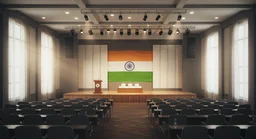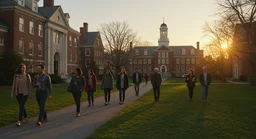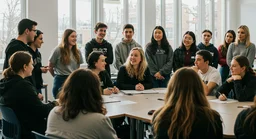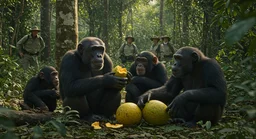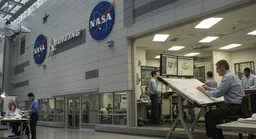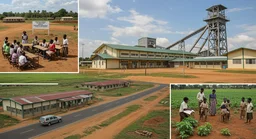Fulbright Funding Freeze Derails Maternal Health Mission at Kabale University in Uganda
225 views
Chicago gynecologist Nicole Williams embarked on a journey that epitomized the ideals of international collaboration and humanitarian service, traveling to Uganda on a Fulbright scholarship to address maternal health challenges, train medical students, and treat patients at Kabale University School of Medicine. Her mission, however, was abruptly disrupted by the Trump administration’s decision to freeze Fulbright funding—a move that forced her into a difficult choice: continue her work at personal expense or abandon her post and return to Chicago. The funding cut, part of broader reductions to U.S. aid programs, has left Williams grappling with feelings of embarrassment over her government’s actions and concern for the global health initiatives now imperiled by these decisions.
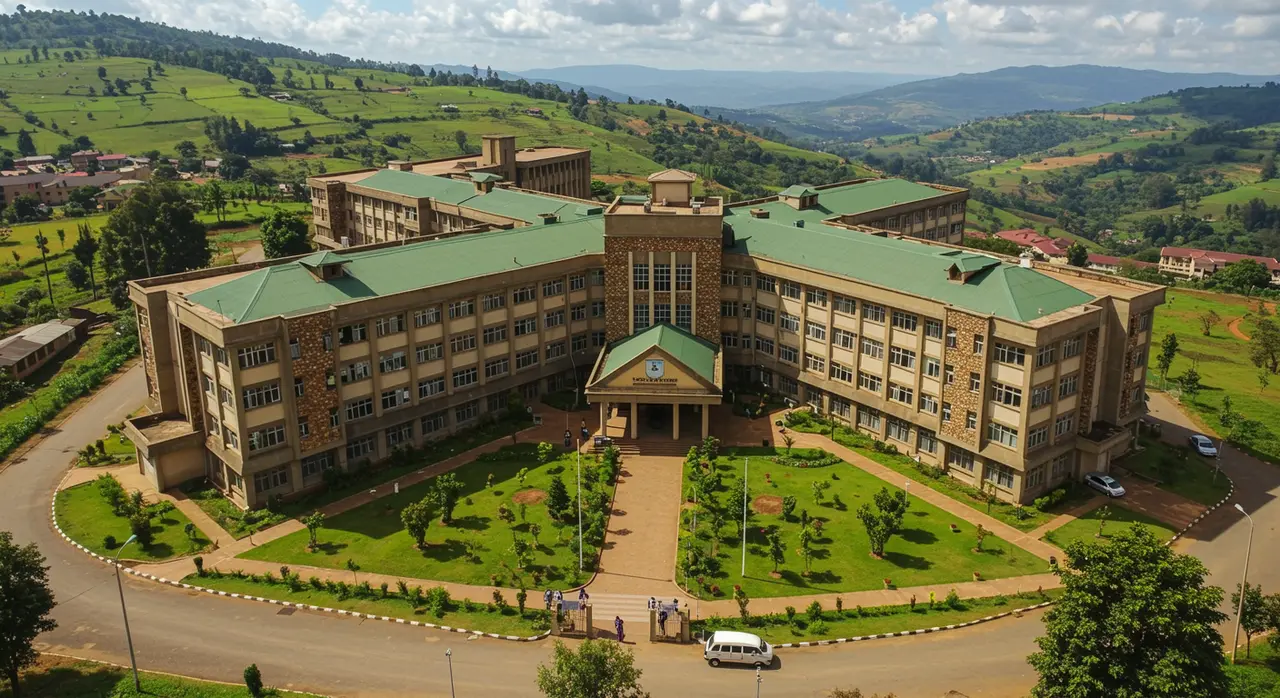
When Diplomacy Meets Disappointment: A Doctor’s Struggle in Uganda
For Dr. Nicole Williams, the Fulbright scholarship was more than an opportunity to share her expertise; it was a chance to embody the spirit of American goodwill in a part of the world where resources are scarce and the need for skilled medical professionals is profound. Kabale University School of Medicine, nestled in southwestern Uganda, provided a striking backdrop for her work. Here, amid the verdant hills and bustling streets, Williams set out to make a tangible difference—teaching diagnostic techniques, introducing innovative approaches to patient care, and addressing the systemic challenges that contribute to high maternal mortality rates.
Her arrival was met with enthusiasm, but the optimism surrounding her mission was soon overshadowed by the sudden halt in Fulbright funding. The freeze, part of a broader policy shift that prioritized domestic spending over international aid, left Williams in a precarious position. With no financial support to sustain her work, she was forced to weigh the value of her contributions against the personal costs of continuing them. For Williams, the decision was not merely a financial calculus; it was a moral dilemma, one that underscored the fragility of global health initiatives dependent on foreign aid.
The ramifications of the funding cuts extended far beyond Williams’s scholarship. In Uganda, the ripple effects were felt in the furloughing of nurses, the suspension of vaccine programs, and critical shortages of HIV medications. These disruptions are emblematic of the broader consequences of reduced U.S. support for global health projects, which often serve as lifelines in countries struggling to combat preventable diseases and health inequities. Williams’s observations painted a stark picture: the absence of American aid creates gaps that local systems, already stretched thin, cannot easily fill.
Despite the challenges, Williams remained steadfast in her commitment to her mission. She recounted one particular success story that encapsulated the impact of her work: teaching medical residents a simple yet effective diagnostic technique to address a patient’s abnormal Pap test. This seemingly small victory was a testament to her ability to adapt to resource limitations while advancing patient care. It also highlighted the enduring value of knowledge exchange, even in the face of financial and logistical obstacles.
Williams’s reflections on her experience were tinged with both pride and frustration. She spoke of her Fulbright scholarship as a chance to represent the best of America—a nation capable of extending its expertise and compassion across borders. Yet the funding freeze left her feeling apologetic, as though she needed to explain or justify the actions of her government to her Ugandan colleagues. This duality, the tension between personal accomplishment and systemic failure, is emblematic of the challenges faced by many U.S. professionals engaged in international service.
The broader implications of Williams’s story extend to the realm of diplomacy and America’s global reputation. The Fulbright Program, long regarded as a cornerstone of cultural exchange and international collaboration, has historically served as a symbol of the United States’ commitment to fostering mutual understanding and addressing global challenges. Cuts to its funding risk undermining this legacy, sending a message that America’s engagement with the world is contingent on shifting political priorities. For countries like Uganda, where foreign aid often bridges critical gaps in healthcare and education, such decisions can have life-altering consequences.
Williams’s experience also raises questions about the sustainability of global health initiatives reliant on external funding. While programs like Fulbright provide valuable opportunities for knowledge exchange and capacity building, their vulnerability to political shifts underscores the need for more resilient models of support. Partnerships that prioritize local empowerment and resource development may offer a path forward, reducing dependence on foreign aid while fostering long-term solutions to systemic challenges.
As Williams contemplates the future of her work in Uganda, her story serves as both an inspiration and a cautionary tale. It is a reminder of the profound impact that individuals can have in addressing global health disparities, even as it highlights the fragility of the systems that enable such contributions. Her resolve to continue her mission, despite the obstacles, is a testament to the enduring power of human compassion and ingenuity.
In the end, Williams’s journey is not merely a narrative of one doctor’s experience abroad; it is a reflection of the broader dynamics that shape America’s role in the world. Her story challenges us to consider what it means to truly represent the best of a nation—and to confront the consequences when that representation is compromised. As the world grapples with increasingly interconnected challenges, the importance of sustained, meaningful engagement cannot be overstated. For Williams, and for those like her, the work continues—not because it is easy, but because it is necessary.


